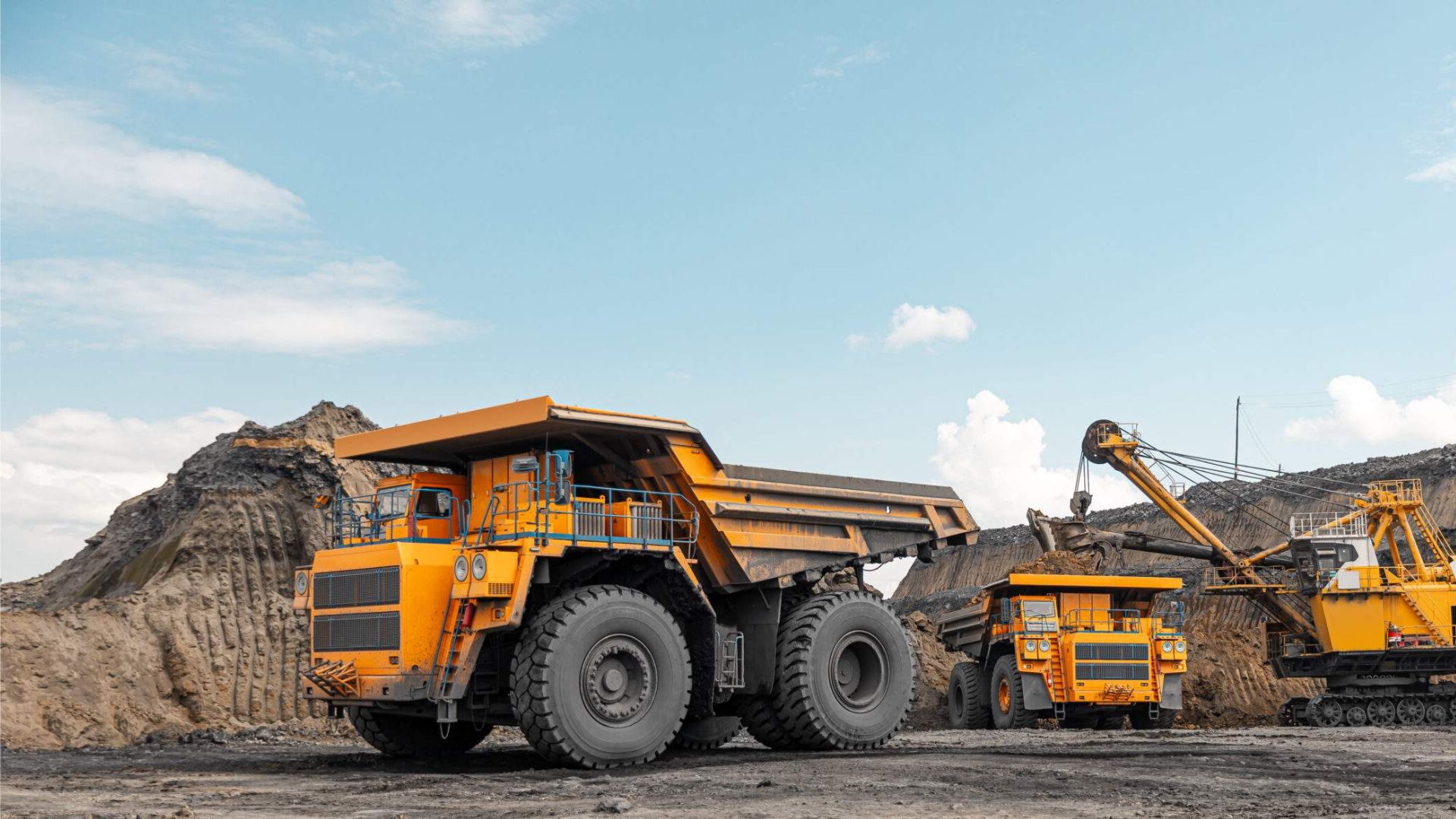Navigating the Depths: Overcoming Challenges in the Mining Industry of the Democratic Republic of Congo
- DRC | 7 August 2023

The Democratic Republic of Congo (DRC) is renowned for its vast mineral wealth, holding the potential to become a global mining giant. However, the mining industry in the DRC faces numerous challenges that hinder its full potential and sustainable development. In this article, we explore the key challenges faced by the mining industry in the DRC and the necessary steps to address them for a brighter future.
One of the primary challenges in the DRC’s mining sector is political instability. Years of conflict and governance issues have contributed to a volatile operating environment, leading to uncertainties for mining companies. It is crucial for the government to ensure political stability, strengthen the rule of law, and provide a conducive business environment that fosters investor confidence and attracts much-needed investment.
Inadequate infrastructure poses a significant challenge to the mining industry in the DRC. Limited road networks, lack of reliable power supply, and insufficient transportation and logistical capabilities impede the efficient movement of minerals from mining sites to global markets. The government and private sector must prioritize infrastructure development, investing in road networks, ports, railways, and power generation to facilitate the growth and competitiveness of the mining sector.
The DRC’s regulatory framework and governance structures have long been areas of concern for the mining industry. Ambiguous regulations, inconsistent application, and inadequate enforcement can create challenges and uncertainties for investors. The government should focus on creating a transparent and investor-friendly regulatory environment that promotes stability, accountability, and good governance. Strengthening regulatory institutions and promoting transparent and fair contract negotiations are crucial steps toward ensuring a sustainable and responsible mining industry.
The presence of armed groups and illegal mining activities is a persistent challenge in the DRC’s mining sector. These factors not only compromise the safety of mining operations but also lead to revenue loss and environmental degradation. The government, in collaboration with international partners, should enhance security measures, crack down on illegal mining activities, and promote responsible mining practices. The formalization of artisanal mining and the implementation of traceability initiatives can help curb illegal practices and promote sustainable mining.
The mining industry’s impact on the environment and local communities is a critical concern. Unregulated mining practices can lead to deforestation, soil erosion, water pollution, and the displacement of communities. Mining companies must prioritize environmental sustainability by adopting responsible mining practices, implementing environmental management plans, and conducting thorough environmental impact assessments. Additionally, promoting social development and ensuring the rights of local communities through community engagement, fair compensation, and job creation are vital for fostering sustainable and inclusive mining practices.
The mining industry in the DRC has the potential to bring significant economic benefits to local communities. However, the lack of infrastructure for local development remains a challenge. Limited access to healthcare, education, and basic services for mining communities hinders their ability to fully benefit from mining activities. The government, in collaboration with mining companies, should invest in social infrastructure projects to improve the quality of life for local communities, fostering social development and long-term sustainability.
A skilled workforce is crucial for the sustainable growth of the mining industry. However, the DRC faces a shortage of skilled professionals in various mining-related disciplines. To address this challenge, the government and mining companies should prioritize skills development initiatives, including vocational training programs, scholarships, and partnerships with educational institutions. Furthermore, promoting local content development and encouraging the participation of local businesses in the supply chain can create economic opportunities and enhance the industry’s resilience.
While the mining industry in the Democratic Republic of Congo faces significant challenges, overcoming them is essential for unlocking its immense potential. The government, mining companies, and various stakeholders must collaborate to address political instability, invest in infrastructure, strengthen regulatory frameworks, enhance security, promote environmental and social responsibility, and prioritize local development. By navigating these challenges with determination and vision, the DRC can harness the transformative power of its mineral wealth, driving sustainable economic growth and improving the lives of its people.








